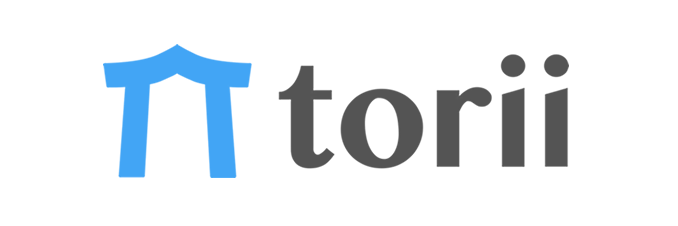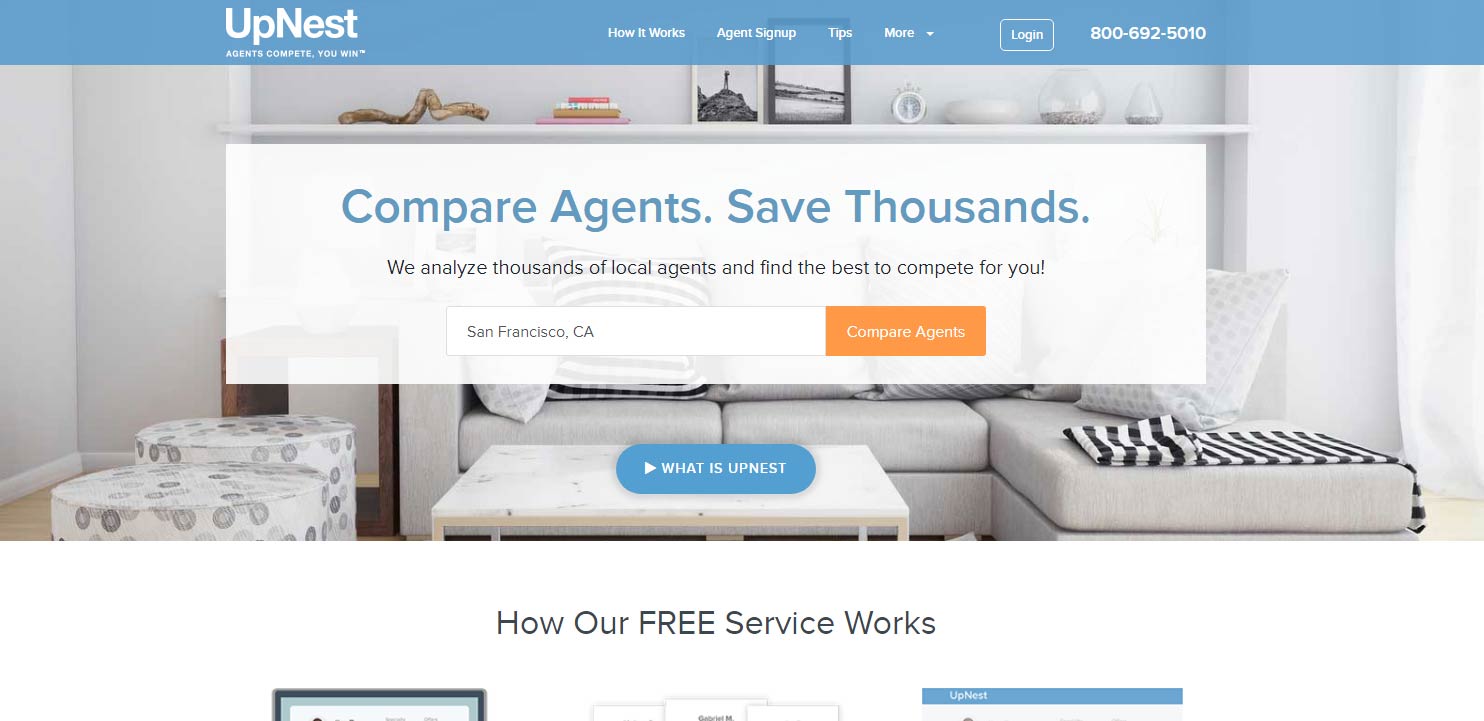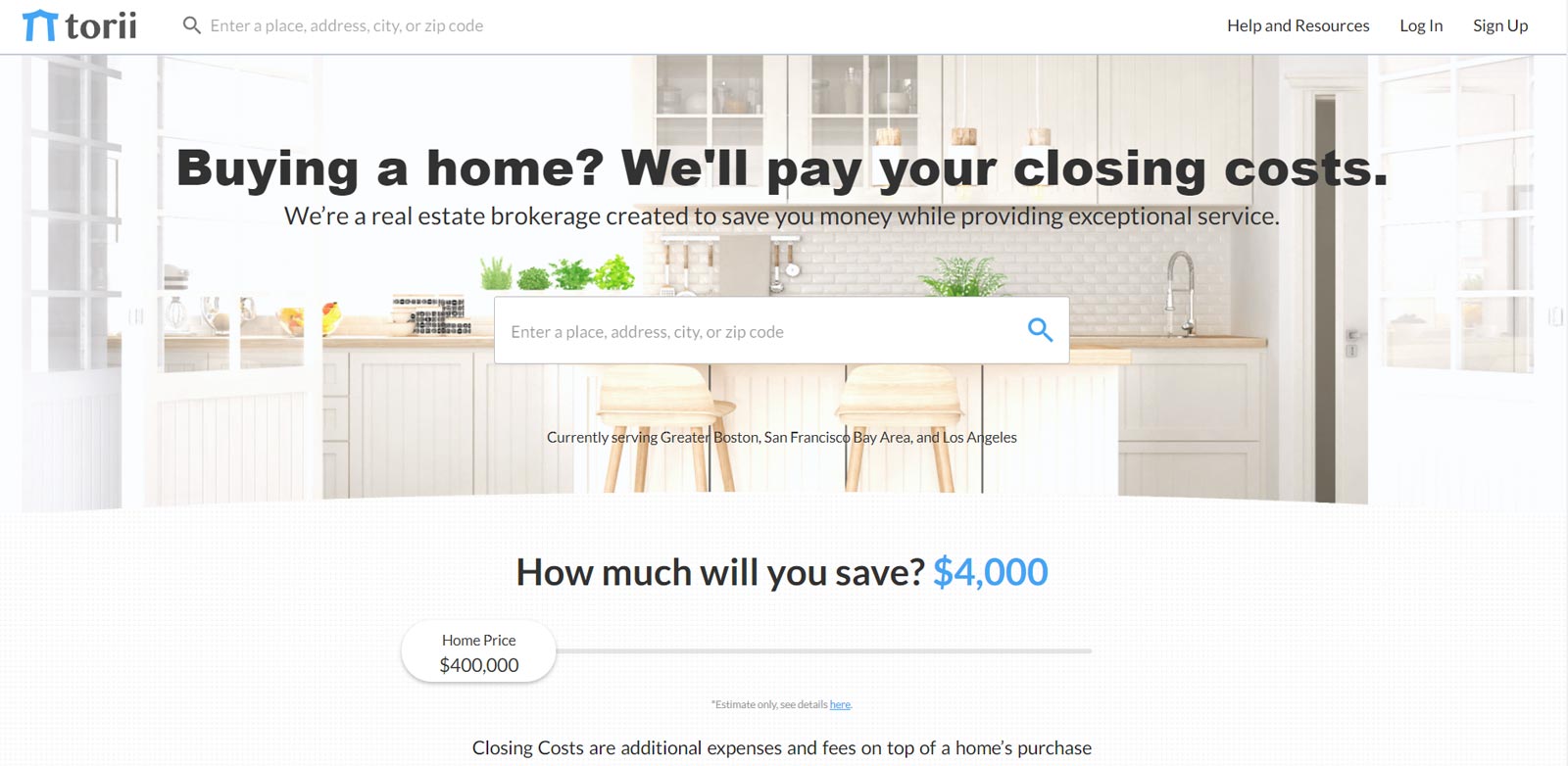Compare UpNest.com and ToriiHomes.com
For Sellers
For Buyers
For Buyers
Answer: UpNest.com is a referral fee network that enables broker-to-broker collusion with use of blanket referral agreements while ToriiHomes.com is a buyer’s real estate agent and a referral fee network
Buying and Selling with UpNest
WARNING: Unlawful Kickbacks, Broker-to-Broker Collusion, False Marketing, Wire Fraud, Price Fixing.
UpNest.com) is a broker-to-broker collusion scheme, where "partner agents" unlawfully agree to pay massive kickbacks to receive your information and engage in market allocation, consumer allocation, false advertising, unlawful kickbacks, wire fraud, and price-fixing practices in violation of, inter alia, 18 U.S.C. § 1346, 18 U.S.C. § 1343, 15 U.S.C. § 1, 15 U.S.C. § 45, 12 U.S.C. § 2607, 12 C.F.R. § 1024.14. As a consumer, you will always significantly overpay for Realtor commissions subject to hidden kickbacks and pay-to-play steering promoted in this scheme.
United States federal antitrust laws prohibit consumer allocation and blanket referral agreements between real estate companies.
Be smart; do not allow your information to be "sold as a lead" to a double-dealing Realtor in exchange for massive commission kickbacks paid from your future home sale, or your future home purchase.
UpNest works as a referral fee network that collects pricing and services data from a limited pool of Referred Agents and sends it to consumers as non-binding proposals. UpNest operates as a licensed real estate brokerage in California under BRE License # 01928572, but it does not produce any services that are typically offered by real estate agents and does not represent consumers when buying or selling real estate in any State.
When consumers submit information to UpNest, this information is simply sold to real estate agents who are willing to pay for it with a 30% share of their commission. If an Agent does not want to pay a referral fee, the consumer will not see any proposals from them using the UpNest platform.
UpNest claims to provide savings, but consumers are likely to overpay for their Referred Agent's commission due to added mandatory 30% referral fee.
UpNest Pricing
UpNest revenue comes from referral fees and sale of user data.
Listing Services
- This Service Does Not Represent Sellers
Buyer's Agent Services
- This Service Does Not Represent Buyers
UpNest.com Editor's Review:
UpNest is a referral fee network in business to collect fees for matching brokers with consumers. Referral fees are highly disadvantageous for real estate consumers because these are hidden and not negotiated. One of the major expenses for real estate consumers, when buying or selling a home, is real estate service fees and closing costs associated with the purchase, or sale.
Service fees and closing costs are, for the most part, a necessary expense. Real estate agents significantly help home buyers and sellers to navigate a complicated and competitive real estate process in exchange for a legitimate commission as a reward. Other closing fees usually include required services such as property appraisals, inspections, title insurance, etc. – all in some way help to legitimize the sale and to manage risk. There can be much said with regards to managing closing costs by choosing a motivated competitive agent who is willing to offer a buyer’s refund or a competitive listing rate.
On the other hand, while claiming it saves money to consumers, UpNest simply adds referral fees into already a fee-ridden process – consumers experience false and fabricated savings in this model. In economics, this process is known as reverse competition.
The platform works with a limited pool of Referral Agents willing to pay a very significant part of their commission to UpNest. This referral fee is back-loaded into Referred Agent's agreement, instead of being handed to the consumer directly. The consumer technically does not pay UpNest, but he/she ends up with a higher cost of commissions when working with their Referred Agent. UpNest is not a free platform, these fees are simply hidden.
Let's say a real estate consumer, James, wants to hire a buyer’s agent in one of the States that allow buyer's rebates when buying a median-priced home for $250,000. A local competitive buyer’s agent, Jill, offers James a 50% buyer's refund while helping him in this process. This is a typical refund Jill is able to organically negotiate with all her customers. The estimated commission refund, in this case, is $3,750 paid back to James from Jill in a form of buyer's refund, assuming a 3% Buyer’s Agent Commission.
On the other hand, James also receives non-binding proposals using UpNest platform from Referred Agents with a 30% referral fee attached to the back of every proposal. When James is faced with these types of proposals, results are quite different. Firmly assuming that the profit margins and service offerings remain the same for Jill and Referral Agents using UpNest, any possible buyer's refund offered by Referral Agents must be reduced to account for the UpNest referral fees. The referral fee in this scenario estimated at $1,125 due to UpNest from a Referral Agent. With the profit margin fixed, the estimated commission refund a Referral Agent may offer to James is now only $2,625.
James just effectively “paid” UpNest $1,125 for a service that is supposed to be “free”.
One reason the amount of savings may ever be matched by Referred Agents versus Jill's competitive savings is due to broker-to-broker pricing collusion - if Referral Agent is willing to reduce their fee beyond market rates to compensate UpNest out of their own pocket, which is highly unlikely and unreasonable to assume.
Because referral fees are pre-set between UpNest and Referral Agents in advance, the cost of the referral has to be eventually be paid by the real estate consumer.
The reason we give UpNest a low score is due to exigent fees and the way these fees are structured. UpNest plays down fees to consumers, it states directly that the service is 100% free, but then it rigidly locks every Referred Agent into an added cost. The vast majority of competitive agents refuse to play this game and UpNest simply steers consumers toward a limited pay-to-play network. As a licensed real estate agent that doesn't perform any real estate services, or takes any responsibility for the transaction, it's not entirely clear how this process works under the Business and Professions Code.
Should real estate agents distribute "bids" of other agents for a fee? If one to say that the 30% fee is indeed necessary, why not structure it as an actual service fee that is properly charged, instead of having to be back-loaded into Referral Agent's agreement? The answer is simple – if UpNest was to charge Agents for its service directly, no Agent would ever sign-up. Agents only sign-up with UpNest because the price of the referral fee can be easily incorporated into their client's agreement.
UpNest clearly doesn't provide any tangible value to the real estate consumers as a licensed real estate agent. UpNest further audits all transactions because it needs to find out how much money real estate agents receive in commissions, inevitably collecting private details of consumer’s agreement for home purchase or sale.
This effect is known as a “blind” match. Truly competitive agents who offer great savings to consumers can never use UpNest. For example, a highly competitive flat fee listing service has a set competitive price – they would never be able to pay 30% of this amount to a third-party. UpNest 30% referral fee only works is with services who are “silent” on their commission – if a client comes directly to an agent, one price is given, if a client uses UpNest, another price is in play. We strongly believe that real estate consumers looking to buy or sell a home should always use 0% referral fee platforms in order to avoid paying a higher cost in commissions.
By using UpNest, consumers further encourage pay-to-play referral fee bias to thrive in a broken real estate industry.
Where does UpNest.com operate?
Buying with Torii Homes
Torii Homes is a buyer's agent and a referral fee network that offers homebuyer’s refunds in select service areas. Torii Homes typically credits the buyer's refund savings against the miscellaneous transaction costs such as loan origination fees, appraisal fees, title search, title insurance, surveys, deed-recording fees, and credit report charges.
Torii Homes does not credit the buyer's refund savings against property taxes, homeowner's insurance, transfer taxes, interest, mortgage points (optional fees paid directly to a lender in exchange for a reduced interest rate.) orii Homes does not credit the buyer's refund savings against any recurring costs.
After the miscellaneous transaction costs are paid for, Torii Homes keeps the rest of the Buyer’s Agent Commission as a fee for representing buyers in the home purchase.
Torii Homes Pricing
Torii Homes offers homebuyers approximately 20%-30% of the Buyer’s Agent Commission as savings.
Listing Services
- This Service Does Not Openly Advertise to Home Sellers
Buyer's Agent Services
- Find the Property
- Accept and Deliver All Offers and Counteroffers
- Recommend Other Professionals
- Attend Inspection Services
- Schedule Private Showings
- Negotiate Needed Repairs
- Closing Duties
ToriiHomes.com Editor's Review:
Torii Homes is a tech-enabled real estate brokerage. Torii Homes claims that it costs nothing to use the service: “The seller of a home pays the real estate commission, which we then put toward your closing costs. You don't pay Torii anything for our help.” This is false and misleading advertising because buyer’s agents never work for free. A recent settlement between NAR and US-DOJ prohibits licensed real estate brokers from making a claim that their services are offered for free.
The cost of hiring a buyer’s agent is always incorporated into the homebuyer’s final mortgage sum. As a buyer’s agent, Torii Homes is paid with a percentage of the home sale, Buyer's Agent Commission (typically offered at 2.5%-3% by the seller) and it contributes 20%-30% of this total amount to the buyer as a way to financially compete for buyer’s business.
Torii Homes provides homebuyers with a licensed expert real estate agent who helps with the home search, scheduling/attending showings, preparing a home purchase offer, and price negotiations.
Torii Partner Agents
Torii Partner Agents Referral Network (Torii Partner Agents) is a referral process that connects buyers with third-party real estate agents in exchange for an undisclosed blanket referral fee. Torii Partner Agents are not employed by Torii Homes, however, Torii Homes maintains a set of pre-arranged price-fixing agreements with random Partner Agents, claiming to offer consumers savings.
The price-fixing agreements between Torii Homes and Torii Partner Agents are presented to homebuyers as blanket incentives of $1,000 in buyer commission rebates.
Torii Partner Agents are employed by, or work with their independent brokerages, are referred by Torii Homes at their own discretion, as a blind match. Torii Homes keeps the referral fee amount it receives from these brokers hidden. This practice is highly deceptive and is designed to deceive consumers to utilize Torii Homes as a price-fixing scheme to receive savings from competing brokers.
A blanket incentive of $1,000 is presented before consumers as savings, but the cost of the referral fee always works against homebuyers. The blanket referral fee between Torii Homes and Torii Partner Agents is hidden in the final cost of commissions. This practice results in an inefficiency known as reverse competition between brokers and price-fixing. Ultimately, price fixing and kickbacks result in a lower quality of service or higher commissions paid by the homebuyers.
By engaging with Torii Homes, homebuyers authorize them to share personal information and home search history with any Partner Agent, regardless if a consumer wants to work with a Torii Homes agent directly.
Torii Homes dictates that Partner Agent rebates $1,000 of their commission as means to allocate homebuyers to other brokers. In the United States, all independent brokerage fees are always negotiable and each real estate agent establishes its own policy for a fee structure, amount of commissions, and issuing rebates to consumers.
Price fixing is firmly prohibited by federal antitrust legislation. To fix, control, recommend, suggest or maintain commission rates, rebates, and fees for other agents' services is an improper practice.
In summary, Torii Homes offers a legitimate buyer's refund to consumers spent against miscellaneous closing costs. However, Torii Homes cannot legally organize competing brokers into a referral fee network because blanket referral agreements, price-fixing, consumer allocation, and market allocation between licensed real estate brokers in the United States are prohibited.



